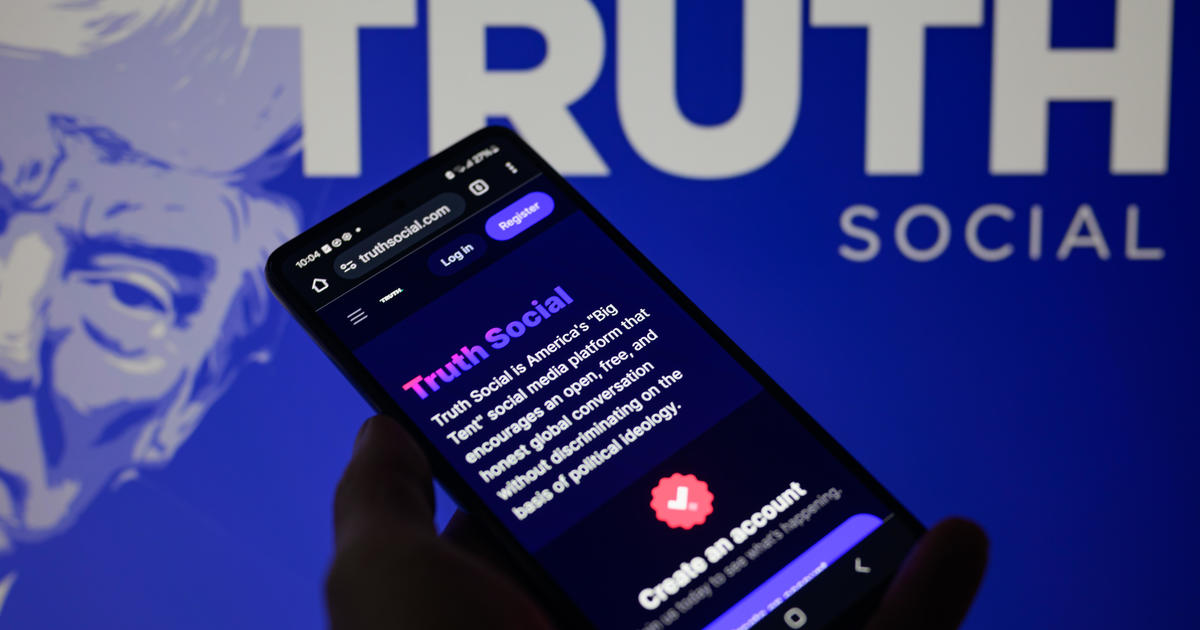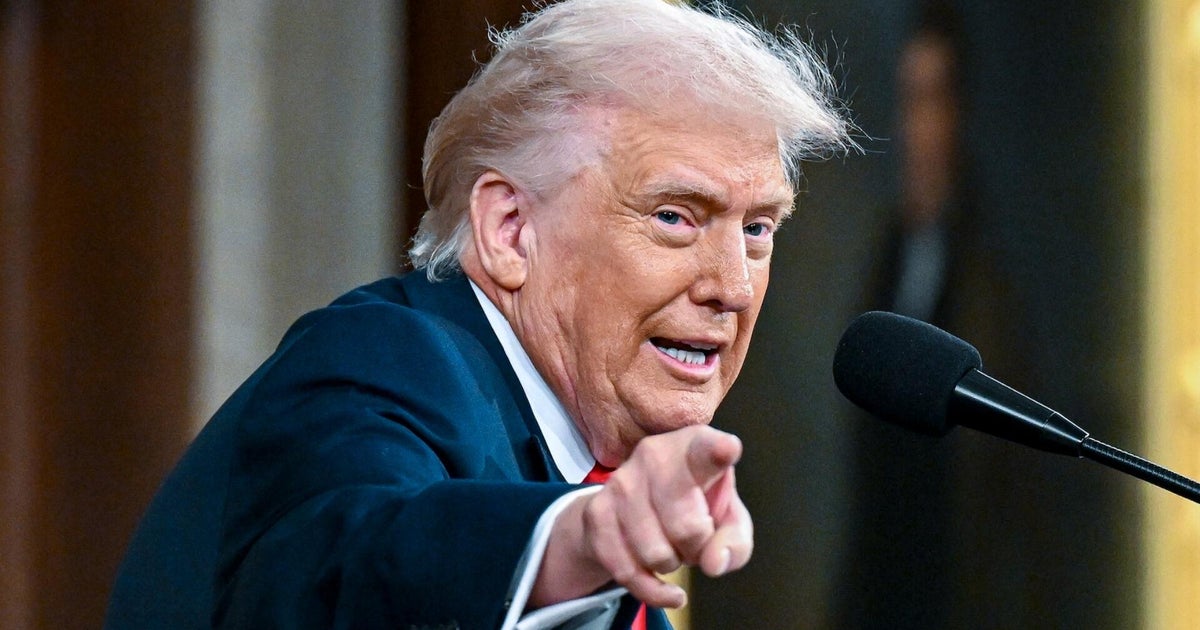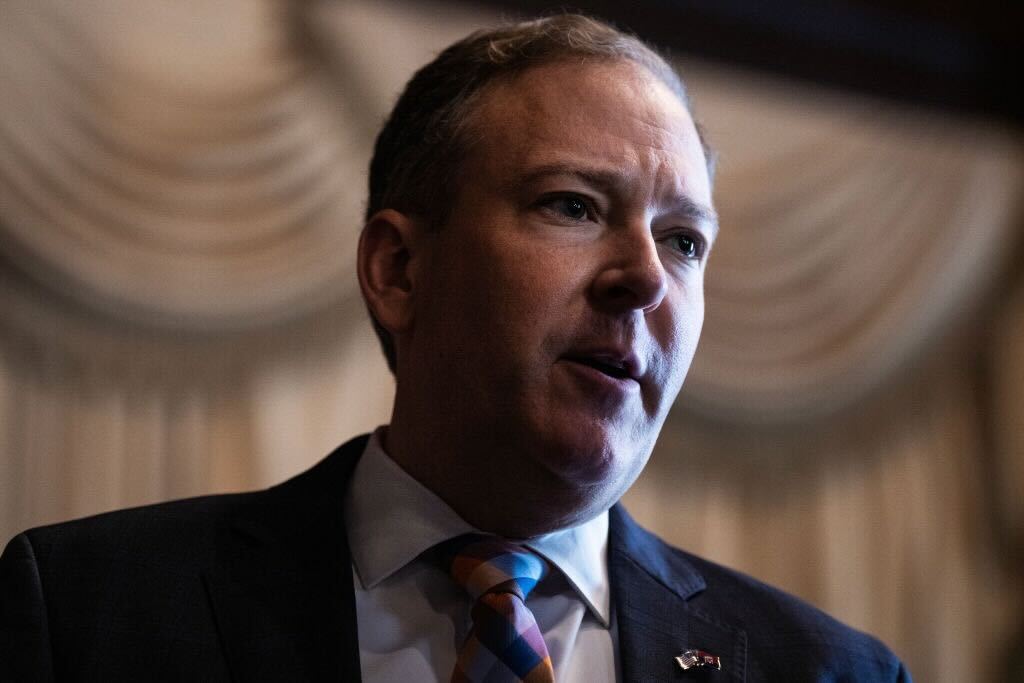Why repealing the Clean Power Plan creates its own winners and losers
Environmental Protection Agency head Scott Pruitt on Monday announced plans to do away with a major Obama-era environmental initiative to combat global warming, the 2015 Clean Power Plan. The initiative would have required electric utilities to reduce carbon emissions by about a third by 2030 compared to what they were in 2005.
"The war on coal is over," Pruitt declared. "The past administration was using every bit of power and authority to use the EPA to pick winners and losers and how we generate electricity in this country. That's wrong."
Yet Pruitt's action also amounts an intervention in the energy market by the EPA -- one that will result in its own winners and losers.
Think of it this way: More than twice as many people work in the still nascent solar business than in coal and other related industries. That's right. A Department of Energy survey released earlier this year found almost 374,000 people earning at least a part of their living from solar, versus just over 160,000 in coal.
Yet it was coal miners who assumed almost mythic importance in Donald Trump's campaign narrative of paradise lost during last year's presidential election. On one hand, this makes sense. Jobs in the coal industry fell by about 40 percent during Obama's time in office, and offering solace to those who feel wronged is generally assumed to be a good campaign strategy. On the other hand, this ignores enormous economic potential. Employment in the solar sector increased by almost a quarter between 2015 and 2016 alone; wind energy jobs also grew by double digits.
It's also true that, like many of the lost manufacturing jobs Donald Trump frequently discusses, coal industry jobs are widely perceived as jobs performed by men who don't eat quiche, who can support a family by dint of their physical labor. There is no special place yet in the economic narrative for the whole other class of Middle American jobs that's also seeing carnage -- retail work. Despite the continuing loss of frontline customer-facing jobs as more and more of us shop online, there are few words of sympathy for these workers, who are far more likely to be female than the typical coal miner.
Moreover, as Politico's Anthony Adranga points out, even as Pruitt claimed government shouldn't get involved in business matters to "pick winners and losers," U.S. Energy Secretary Rick Perry did just that earlier this month, directing his agency to take such actions as issuing $3.7 billion loan guarantees to a number of utilities constructing nuclear power plant units and asking the Federal Regulatory Energy Commission to change how utility plants are compensated in a way that will benefit both coal and nuclear power plants.
The Perry moves were blasted by such liberal bastions as Dow Chemical and Koch Industries and a coalition of groups ranging from the American Council on Renewable Energy to the American Petroleum Institute and the Natural Gas Supply Association, which argued it could harm "entire industries and their tens of thousands workers."
The Clean Power Plan is hardly the first Obama-era action to face the axe. If your idea of being business-friendly is to do away with as much regulation as possible, the Trump presidency and Republican-dominated Congress seem more than happy to oblige. Regulations issued by previous presidential executive order have been targeted by the Trump administration. One casualty: a number of initiatives meant to tackle pay discrimination are now on the scrap heap. Republicans in Congress have also used the Congressional Review Act, the legislation that gives them a limited time period to overturn regulation initiated during a previous president's term, a record number of times to do away with rules on everything from state funds to health care clinics that offer abortion services to rules designed to improve internet privacy protections.
As it turned out, the Obama-era strategy of issuing executive orders and departmental regulations to get around Republican intransigence in Congress turned out to have a fatal flaw: The Obama administration was a limited-time proposition. It was easy for Democrats to celebrate the go-around when many thought Hillary Clinton was more likely than not to win the 2016 presidential election. When Donald Trump emerged as the victor, that strategy was revealed to be all but catastrophic for their agenda.
As for the Clean Power Plan, more than a few are quick to point out that this latest move isn't as dire as it sounds. After all, the rules were stalled by a 2016 stay issued by the Supreme Court. Any number of states, including New York and California, are already proceeding with their own, sometimes stricter, guidelines. The rollback process is long and complicated, and court challenges from supporters of the regulation are all but a certainty.
Moreover, it's also true that the decline of coal isn't simply a matter of it being targeted by granola-munching, tree-hugging environmentalists. Markets matter, too. Natural gas is cheaper than coal, and solar- and wind-generated energy also have -- dare one say it? -- the economic wind at their back.
Helaine Olen is an independent journalist and the author of "Pound Foolish: Exposing the Dark Side of the Personal Finance Industry" and co-author of "The Index Card: Why Personal Finance Doesn't Have to be Complicated"



